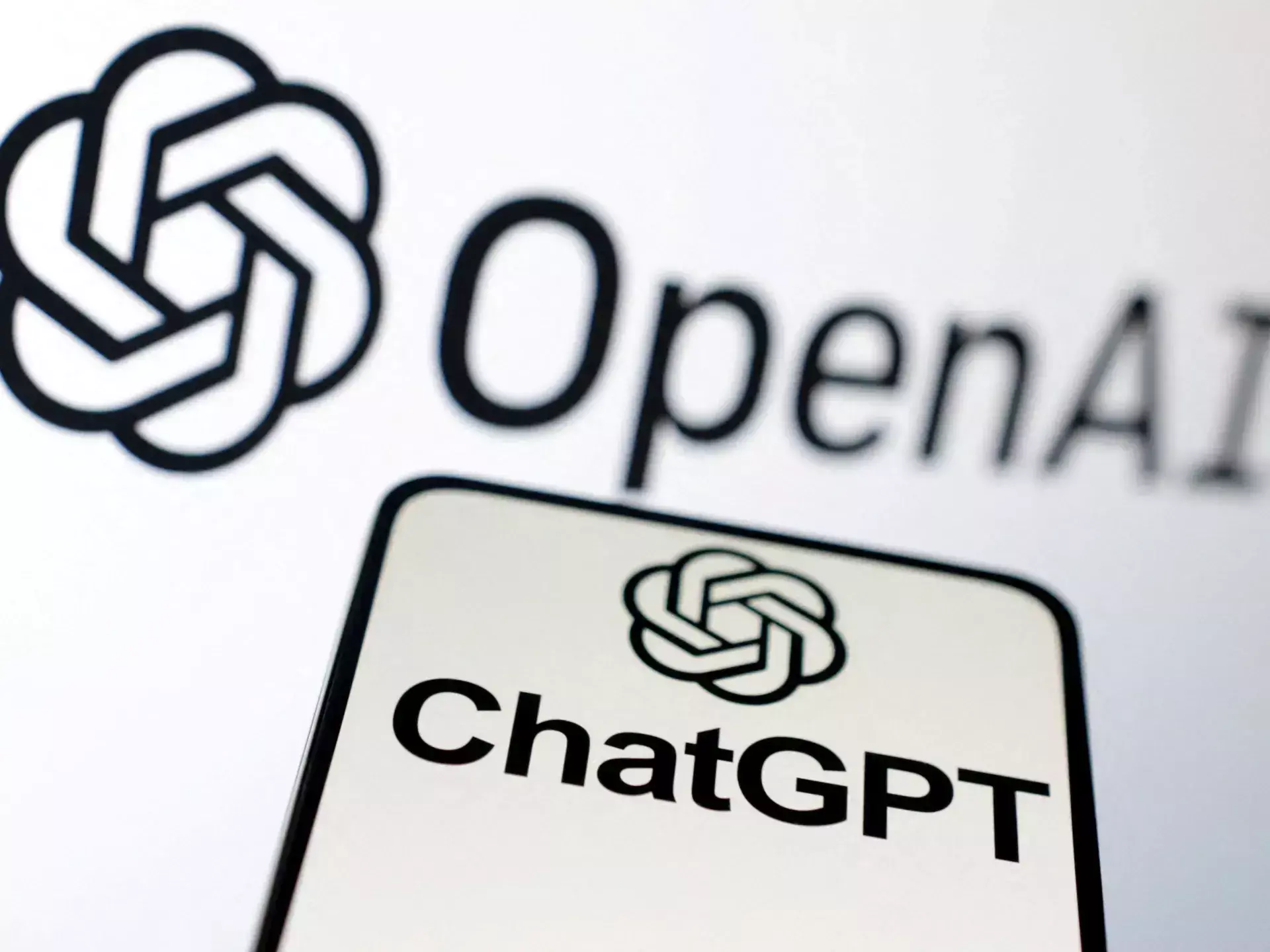Live
- Controversy Over Congress President’s Remarks on Maha Kumbh Mela
- CM Urges H.D. Deve Gowda to Stand Above Politics for Karnataka’s Water Rights
- Unseeded Kyrian Jacquet upsets second seed Billy Harris to win Delhi Open 2025 singles title
- India headed to become $30-35 trillion economy in next two decades: Piyush Goyal
- Medical Students to Adopt Rural Families as NMC Pushes for Community-Based Learning
- Central Railway runs special trains, improves crowd management for Mahakumbh devotees
- Yamuna's cleaning drive in Delhi: PM Modi's pre-election promise now in action
- IPL 2025: LSG is a strong contender for the title, says Zaheer Khan after schedule’s release
- Maha Open: Ramanathan progresses to final qualifying round
- PM Modi fixes Rs 9 lakh crore target for textile exports by 2030









